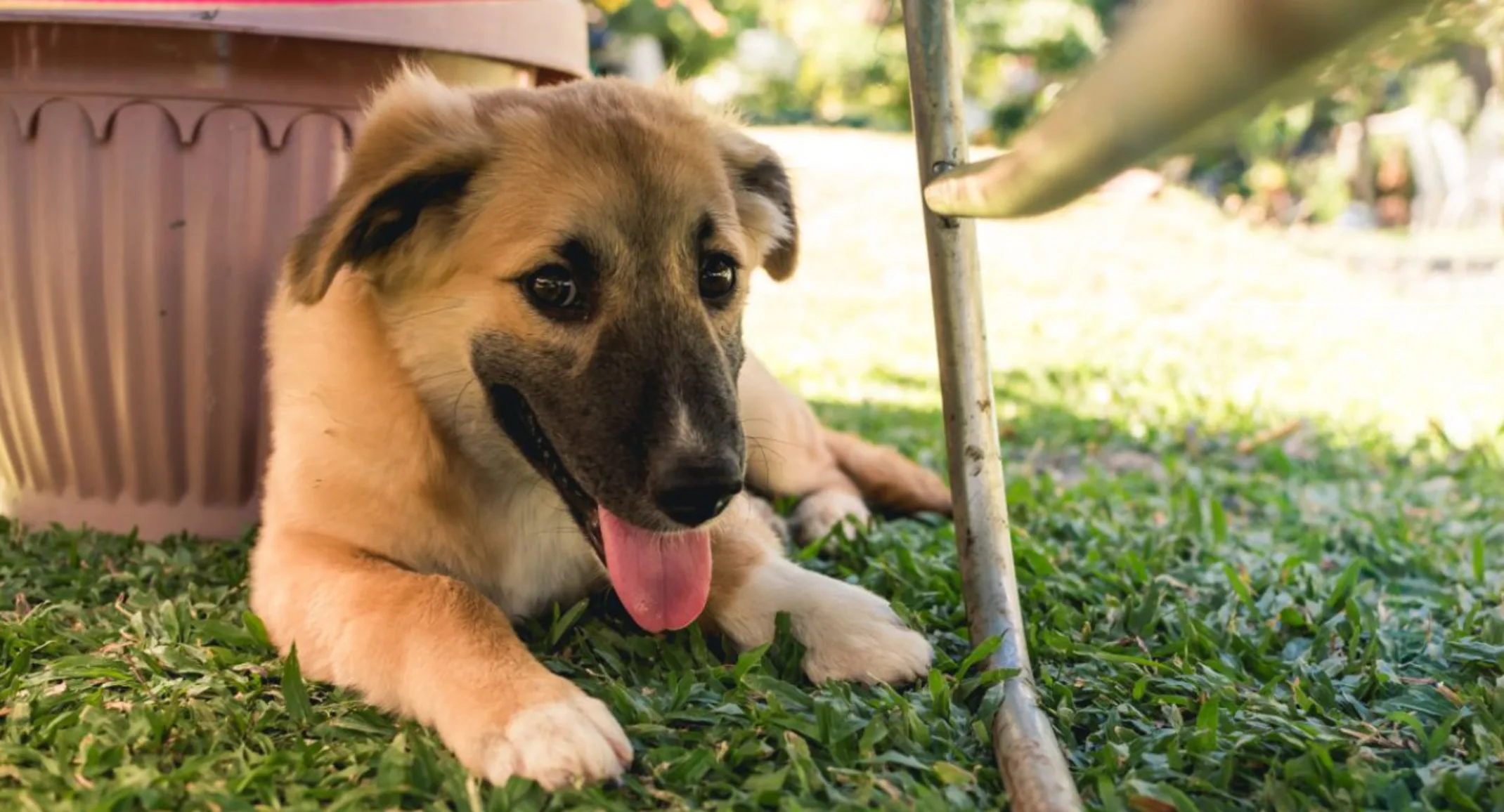What’s Poisonous to Pets? Part 2: Spring and Easter Special
General

This year National Pet Poison Prevention Week is March 20-26. While keeping our pets safe is a year-round activity, it’s important to take a little time periodically to be sure we know what’s poisonous to pets. The week before Easter is an especially good time since the weather is warming up, new flowers and plants are being planted and purchased, and we’re generally spending more time outdoors. In the last blog we talked about indoor toxins, so this time we’ll be looking at outdoor and warm-weather toxins.
In addition to the items that were discussed last time, here are a few other categories that are poisonous to pets:
Rodenticides (rodent poisons)
Lawn and garden products (like fertilizers, weed killers, etc)
Automotive products (antifreeze, etc)
Plants (house and outdoor)
Each of these categories has its own perils, some more obvious than others. Rodenticides can be especially hazardous to cats and dogs both from the poison itself as well as from any mice or rats that have consumed the poison. To minimize the risk posed to Fluffy and Fido by these products, it’s important to store them securely, use them as directed, and bait them in areas that are inaccessible to your pets. Additionally, if the rodents are likely to travel (post-poisoning) to areas your pets frequent, it may be worth your time (and your pet’s health) to look into more natural means of rodent control.
Not surprisingly, many lawn and garden products and automotive products can also be poisonous to pets. For these products, it’s important to store them securely away from your pets, use them as directed, and keep your pets away from them when they’re in use. Antifreeze is especially dangerous to dogs because ethylene glycol-based products have a sweet taste but cause acute kidney failure. Just a small amount of it can be fatal for Fido and Fluffy! Better yet, be sure to pick propylene glycol-based antifreeze products as those are less tempting and less toxic. As for lawn and garden products, some are more toxic than others. It’s especially important to keep grub and snail killers containing metaldehyde and insecticides containing organophosphates or carbamates away from your furry friends. These products, which can cause tremors, seizures, and death, would best be avoided entirely.
If you (like me) enjoy planting in your garden, it can be helpful to know what kinds of plants are safe and what kinds are poisonous to pets. While most calls to animal poison control are for other substances, there are some plants that can be very dangerous to our furry friends – sago palms to dogs and lilies to cats, for instance. However, while it’s important to keep Fido and Fluffy away from any poisonous garden plants (there are a lot of them!), it’s the houseplants and cut flowers that cause the most calls to poison control. In fact, the majority of flowers that are popular in Easter bouquets are toxic to our pets. For instance, lilies (Easter lilies, Stargazer lilies, Tiger lilies, Day lilies, etc) are extremely toxic to cats, and even a leaf or two can cause kidney failure and death if not treated immediately and aggressively. Peace lilies, in fact, are one of the few types of lilies toxic to both dogs and cats, so be sure to keep those out of your furry friends’ reach, too. Lilies aren’t the only problem, though. Azaleas, sweet peas, bluebells, hyacinths, daffodils, hydrangeas, and tulips – all prime candidates for Easter bouquets – are also toxic to both dogs and cats, and their ingestion usually requires veterinary care. While you don’t want your furry children to chew on any of the flowers, the safer Easter bets are orchids, roses, and African and Gerber daisies. Other flowers that Fluffy and Fido can chew on to their heart’s content include violas, nasturtiums, petunias, sunflowers, snapdragons, and zinnias.
If your furry friend does get into something that’s poisonous to pets, there are numerous resources to help you find out if it’s poisonous or not.
